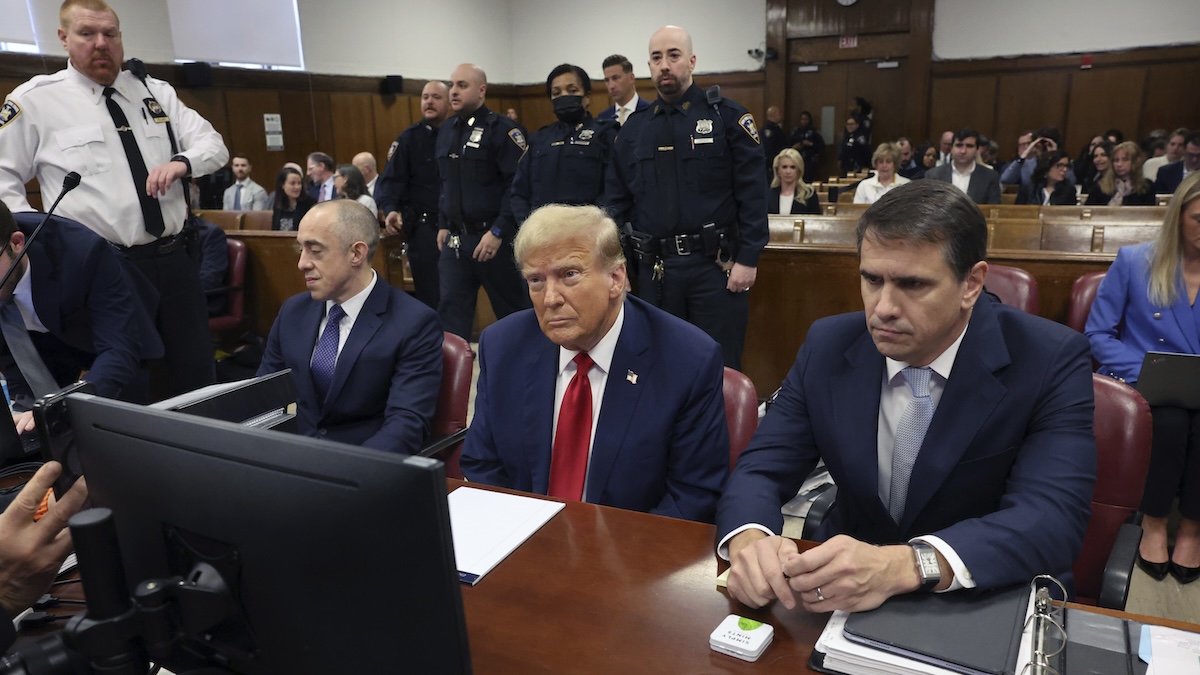(NECN: Peter Howe) - It is the biggest question of the year and the next four years: Who will be elected president on Tuesday?
And going back over the last century, statistical analysts – and those who are just obsessively superstitious – have come up with all kinds of data points they can argue come very close to reliably picking who will get elected.
Some are as basic as net job approval, or the historic precedent that no president other than Franklin D. Roosevelt has ever been reelected with unemployment as high as it is now at 7.9 percent.
InvesTech has found that in 25 of the last 28 elections, going back to 1900, if the stock market was up in the two months before the election, the incumbent or incumbent’s party won. If not, the incumbents lost.
By that measure, the stock market’s Monday close could give President Obama the narrowest of hopes: After rising and dropping, the Dow Jones Industrial Average ended Nov. 5 at 13,112.44, a little less than 65 points better than its Sept. 5 close of 13,047.48.
But encouraging to Republican Mitt Romney: the Washington Redskins 21-13 loss to the Carolina Panthers Sunday. That’s because going back to 1940, in 17 occasions out of 18 except in 2004, when the Redskins lost their last home game before the presidential election, the incumbent or incumbent party lost.
And then encouraging to Obama: the Spirit Hallowe’en stores say in every election since 1996, the candidate whose face sold more trick-or-treating masks went on the become president, and this year, Obama masks outsold Romney masks 70-30.
Politics
Also, the National League San Francisco Giants’ victory in the World Series: In 13 of the last 18 elections, an NL win in the series meant the Democrat won the presidency. And InTrade’s trading in presidential futures show its investors betting on a 67 percent probability Obama is reelected.
“The World Series or ‘Did the Redskins win their last home game?’ -- those are all sort of fun to pay attention to, but there's really no sort of causal relationship,’’ said Jeff Gulati, a Bentley University professor who teaches on campaigns and elections.
He notes the real correlations to voting are around presidential approval ratings, income and wealth. “Those numbers matter quite a bit, not only your own personal income, but changes in GDP, the overall unemployment rate.’’
What leads Gulati to think Obama pulls out the victory are his narrow net favorable approval ratings currently, in the 49-51 percent range, but consistently showing slightly more Americans approve of his handling of the presidency than do not approve.
While “no one single number has been found to be related to the outcome of an election,’’ Gulati said he thinks on balance it’s a good thing for people to be looking at and chattering about sports results and Hallowe’en mask sales and everything else. “The more excited we can get people about elections, no matter how we do it, I think that's a great thing for our democracy.’’
With videographer Andrew Zubatkin



